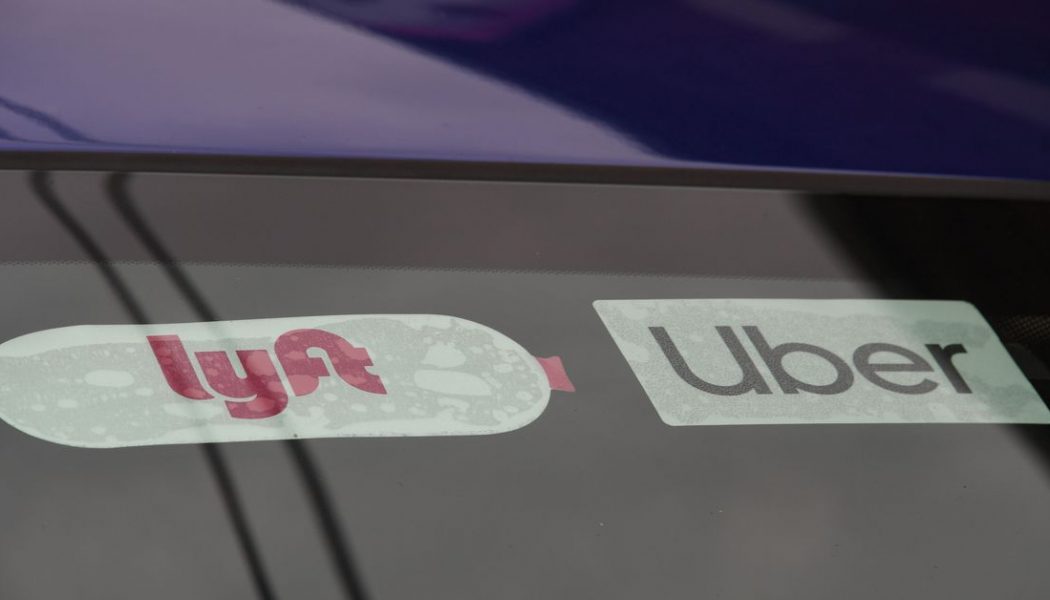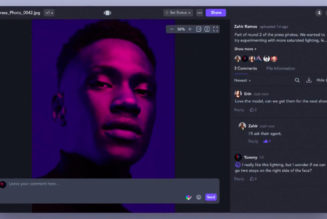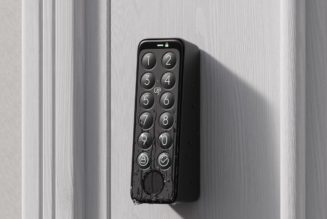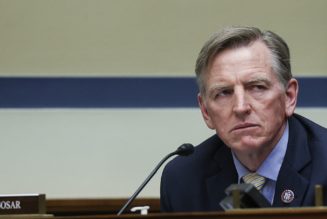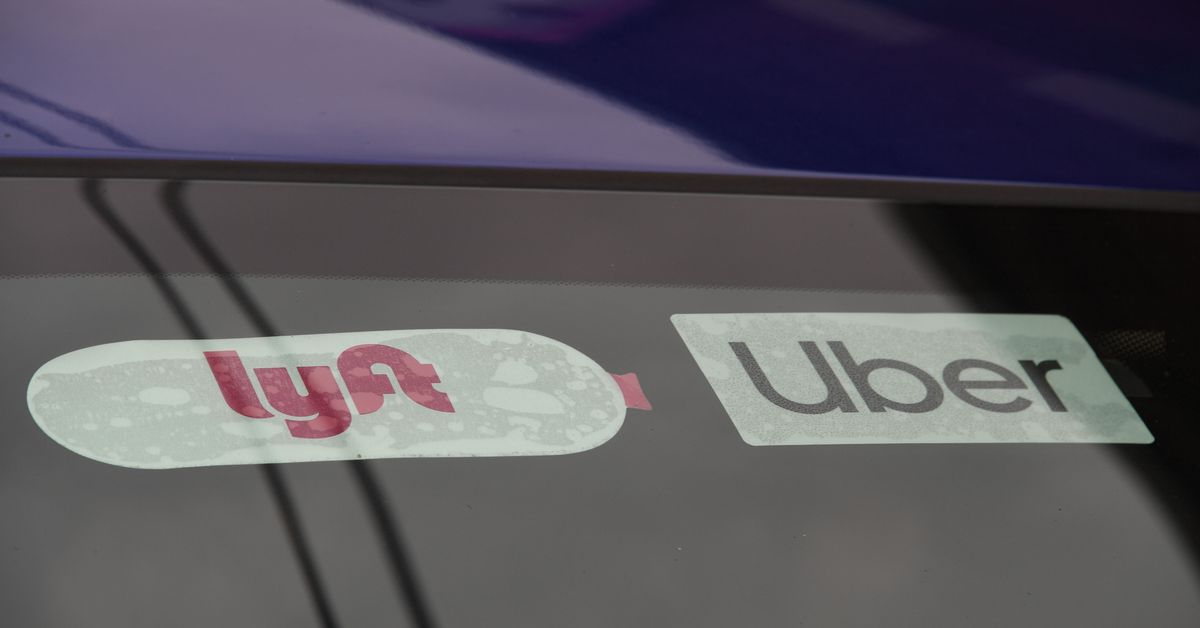
Uber and Lyft were ordered by California’s court of appeals to classify their drivers as employees. In a 74-page opinion, the court affirmed the injunction that was issued on August 10th requiring Uber and Lyft to classify their drivers as employees within 30 days.
But it’s unlikely this ruling will go into effect before California voters weigh in on a ballot measure, Prop 22, that would exempt Uber, Lyft and other gig economy companies from the state law making it more difficult to classify workers as independent contractors.
The injunction won’t go into effect until 30 days after the appeals ruling. Still, it’s a sign that Uber and Lyft have a lot riding on the passage of Prop 22. The companies, along with DoorDash and other gig economy companies, are spending $186 million to win over the electorate.
Nonetheless, public officials and driver groups celebrated the court ruling. “This is a huge victory for drivers,” the pro-Prop 22 Gig Workers Rising said in a statement. The city attorney of San Francisco simply tweeted, “Drivers are employees.”
Uber and Lyft said they are exploring their “appeal options,” and may take the case to the state’s Supreme Court. “Today’s ruling means that if the voters don’t say Yes on Proposition 22, rideshare drivers will be prevented from continuing to work as independent contractors, putting hundreds of thousands of Californians out of work and likely shutting down ridesharing throughout much of the state,” an Uber spokesperson added.
A Lyft spokesperson said, “This ruling makes it more urgent than ever for voters to stand with drivers and vote yes on Prop. 22.”
The battle over Prop 22 has been heating up in recent weeks, as polling shows the electorate sharply divided over whether Uber and Lyft should treat drivers like employees. A group of Uber drivers sued the company today claiming the “constant barrage” of messages in its app violates workers’ rights. The drivers are seeking up to $260 million in penalties.
The August 10th ruling was in response to a preliminary injunction filed by California Attorney General Xavier Becerra as part of a lawsuit alleging the companies are in violation of the state’s AB5 law that went into effect on January 1st. The law enshrines the so-called “ABC test” to determine if someone is a contractor or an employee, and generally makes it more difficult for companies like Uber and Lyft to classify workers as independent contractors.
Uber and Lyft say most drivers prefer to be independent because of the flexibility and ability to set their own hours. But labor unions and elected officials contend this deprives them of traditional benefits like health insurance and workers’ compensation, as well as forces drivers to shoulder all the costs of their work.
Uber and Lyft, along with DoorDash, are funding a ballot measure, Proposition 22, that would allow them to sidestep AB5 and continue classifying their workers as independent contractors. A recent poll funded by Uber found that the majority of drivers — as well as voters — support the plan.
